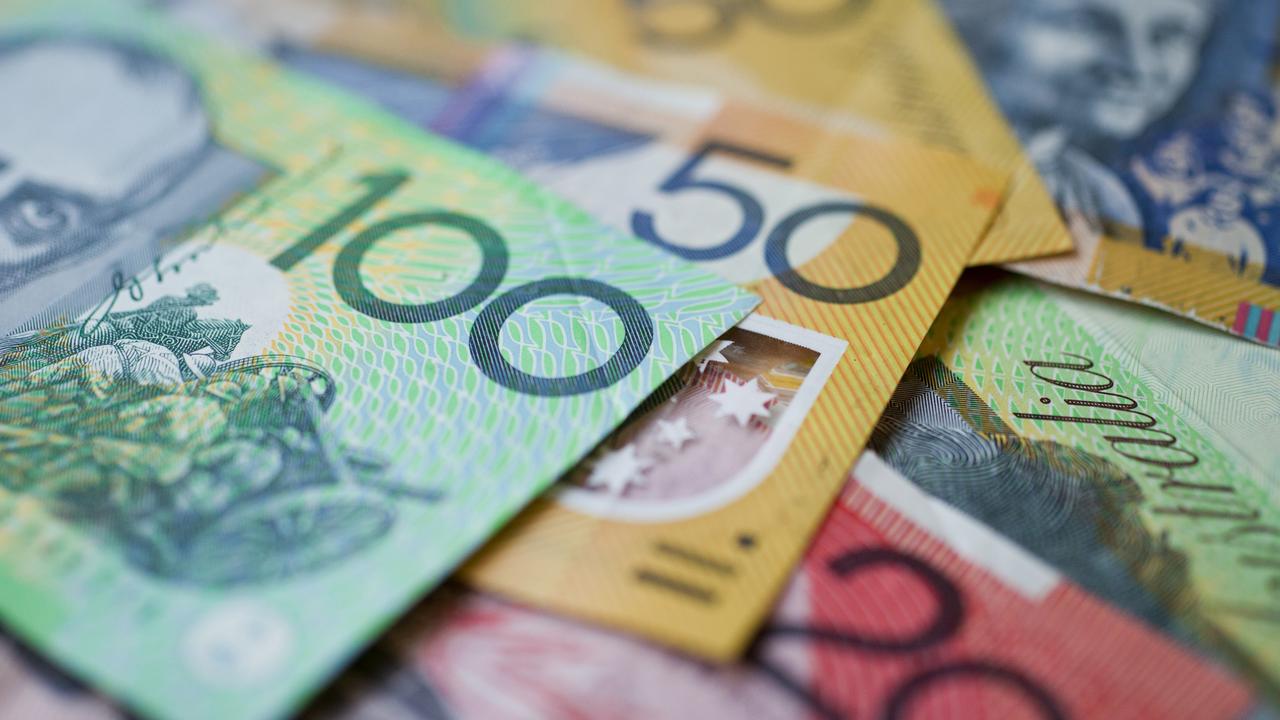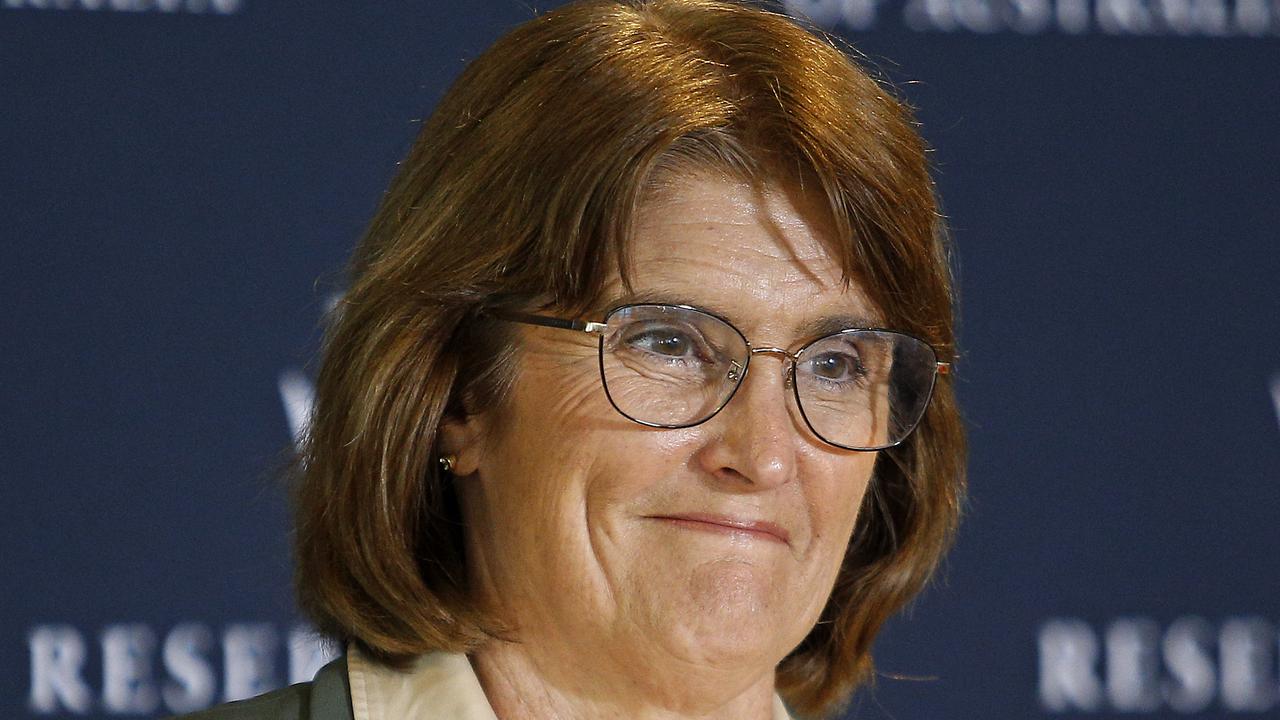New report reveals Australians are now the wealthiest people on the planet
We might not feel flush with cash right now as the cost of living crisis bites, but it turns out Australians are actually pretty wealthy.

Many Aussies are doing it tough at the moment – but according to surprising research from a global banking giant, we’re actually the wealthiest people on the planet.
That’s according to Credit Suisse’s 2022 Global Wealth Report, which analysed the household wealth of 5.3 billion people across the globe.
It found that Aussies came out on top, with the median personal wealth per Australian adult a staggering $US273,900 ($A415,412).
In second place was Belgium on $US267,890 ($A406,296), followed by New Zealand on $US231,260 ($A350,741), Hong Kong on $US202,380 ($A306,941) and Denmark on $US171,170 ($A259,606).
Rounding out the top 10 were Switzerland, Canada, the Netherlands, the UK and France.
Median wealth divides the wealth distribution into two equal groups where half the adults have wealth above the median and the other half below the median.
It is seen as a more accurate indicator than mean wealth, which is obtained by dividing the total aggregate wealth by the number of adults.

“Ranking countries by median wealth per adult favours those with lower levels of wealth inequality,” the report said.
Meanwhile, on a country-by-country basis, the US added the most household wealth in 2021, followed by China, Canada, India and Australia.
One of the reasons behind Australia’s strong performance was the explosion in house prices across 2020 and 2021.
“Significant rises in GDP, combined with vigorous equity and housing markets are expected to produce sizeable wealth gains at the country level, and this was certainly the case in 2021,” the report explained.
“Housing markets were initially subdued during the peak of the pandemic, but recovered during the second half of 2020 and continued to flourish in 2021.

“Low interest rates were likely one of the factors responsible for the buoyant housing market. Unusually, no country recorded a decline in house prices in 2021.
“House price increases usually remained in a fairly narrow range between 5 per cent and 15 per cent … There were some exceptions, however, such as the large gains recorded in New Zealand (25 per cent), Australia (31 per cent), Saudi Arabia (34 per cent) and Turkey (60 per cent).”
The report also included a separate analysis of Australia and New Zealand’s wealth trends, noting that: “Although public health impacts from the Covid-19 pandemic were limited in both Australia and New Zealand, both countries suffered economic losses in 2020 due to lockdowns and reduced international trade”.
It noted that real GDP fell by 2.2 per cent in Australia, but that growth in 2021 – which was 4.7 per cent in Australia – “more than made up for the 2020 losses”.
It pointed out that unemployment increased from 5.2 per cent in 2019 to 6.5 per cent in 2020, with a fall back to 5.1 per cent in 2021, and that disposable income in Australia “rose significantly” by 4.8 per cent due to pandemic relief payments in 2020, while private consumption fell by 6.7 per cent.
“Combined, these trends led to a jump in the household saving rate from 15.6 per cent to 24.9 per cent,” it noted.
“The increased saving had a positive effect on financial assets and also led to some repayment of debt.
“In 2021, there was a return to a more normal situation, with disposable income rising only 1.6 per cent and consumption increasing 5.1 per cent – almost enough to reverse the 2020 drop.”
But saving contrasted with a huge jump in public debt, which rose from 46.8 per cent of GDP in 2019 to 57.8 per cent in 2020.






